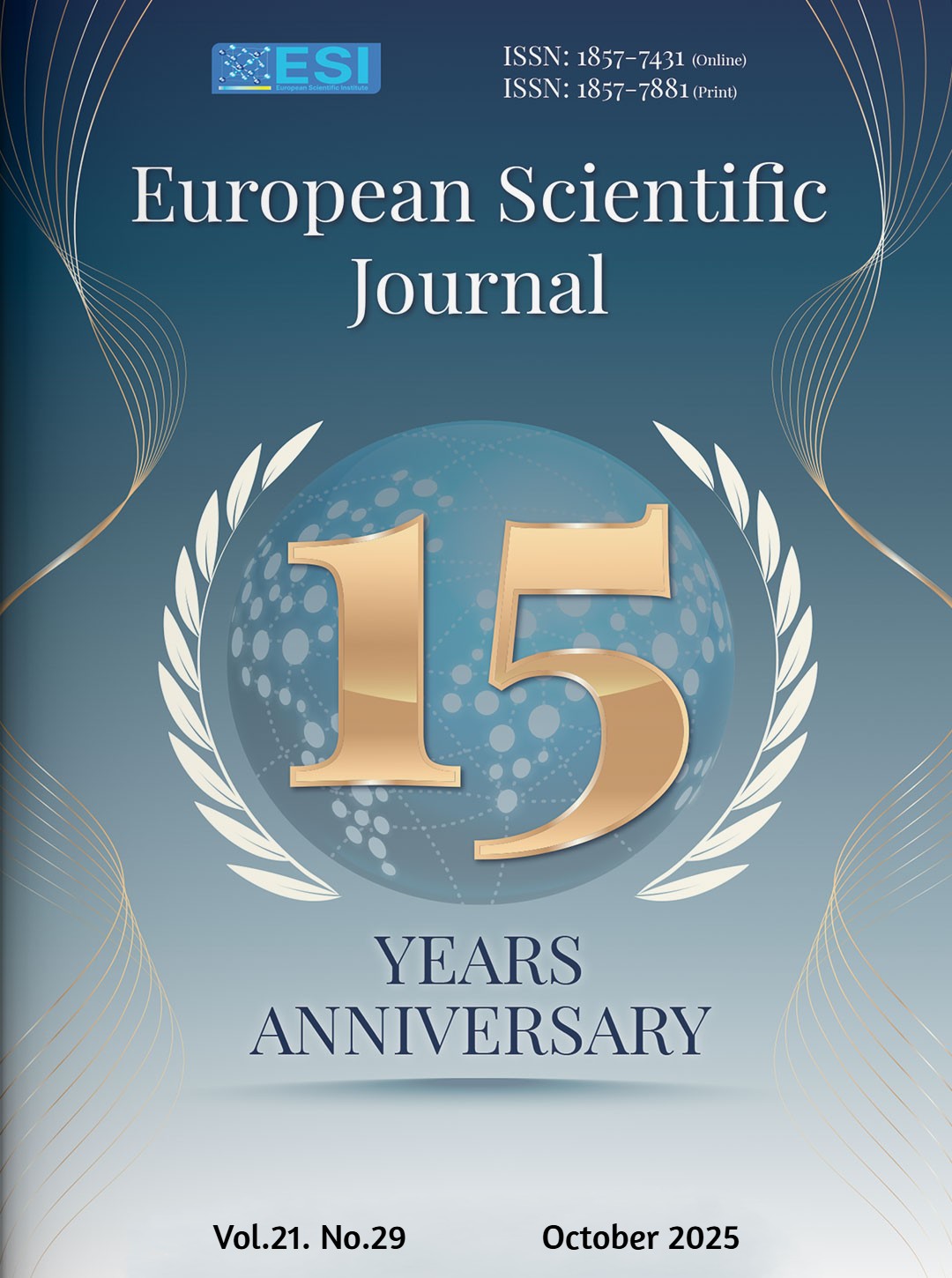The U.S.-Iraq War’s Legacy in Global Terrorism and the Taliban’s Return to Power
Abstract
This article explores the enduring consequences of the 2003 U.S.–Iraq War, emphasizing its influence on global terrorism and its indirect role in enabling the Taliban’s return to power in Afghanistan in 2021. The study aims to analyze how U.S. strategic decisions in Iraq reshaped regional security dynamics, fostered the rise of extremist organizations, and undermined stabilization efforts in Afghanistan. Methodologically, the research employs a qualitative, historical–analytical approach, combining process tracing, comparative case studies, and thematic content analysis of policy documents, secondary literature, and international reports. The findings demonstrate that post-invasion decisions - such as dismantling Iraq’s military institutions, marginalizing Sunni communities, and fueling sectarian polarization - produced structural conditions that allowed radical groups, notably al-Qaeda in Iraq and ISIS, to consolidate power and expand transnationally. At the same time, the protracted U.S. engagement in Iraq diverted resources and attention from Afghanistan, weakening state-building initiatives and creating opportunities for the Taliban to reorganize, rebrand, and ultimately reclaim authority following the U.S. withdrawal. These outcomes illustrate the paradoxical effects of military intervention, whereby efforts to enhance global security unintentionally accelerated radicalization and insurgent resurgence. The article concludes that a deeper understanding of these interconnected conflicts is necessary for developing sustainable counterterrorism strategies and more responsible foreign policy frameworks.
Downloads
PlumX Statistics
References
2. A, F. (2016). ISIS: A HISTORY. Princeton University Press. Retrieved from https://www.jstor.org/stable/j.ctvc77bfb
3. Byman, D. (2015). Al Qaeda, the Islamic State, and the Global Jihadist Movement. Oxford University Press. Retrieved from https://global.oup.com/academic/product/al-qaeda-the-islamic-state-and-the-global-jihadist-movement-9780190217266?cc=ge&lang=en&
4. Byman, D. L. (2015). Comparing Al Qaeda and ISIS: Different goals, different targets. BOOKINGS.
5. Chomsky, N. (2007). Failed States: The Abuse of Power and the Assault on Democracy.
6. Cockburn, P. (2015). The Rise of Islamic State: ISIS and the New Sunni Revolution. Verso Books. Retrieved from https://www.versobooks.com/en-gb/products/116-the-rise-of-islamic-state?srsltid=AfmBOoqKg03_hJuAftqHKA69srnEjnNb39EJhKfs54qquWnVBDvN2CyZ
7. Gerges, F. A. (2016). ISIS: A History. Princeton University Press.
8. Giustozzi, A. (2019). The Taliban at War. Oxford University Press.
9. Group, W. B. (2018). Iraq Economic Monitor, Fall 2018: Toward Reconstruction, Economic Recovery and Fostering Social Cohesion.
10. Hoffman, B. (2014). Inside Terrorism. Columbia University Press.
11. Jeremiah Goulka, L. H. (2009). The Mujahedin-e Khalq in Iraq.
12. Jones, D. S. (2017). THE PERSISTENT THREAT: AL-QAEDA'S EVOLUTION AND RESILIENCE. The U.S. Government Publishing Office.
13. Jones, S. G. (2021). In the Graveyard of Empires: America's War in Afghanistan.
14. Katzman, K. (2009). Iran’s Influence in Iraq. Congressional Research Service ˜ The Library of Congress.
15. Khalilzad, Z. (2016). From Kabul to the White House, my journey through a turbulent world. New York: St. Martin's Press. Retrieved from https://archive.org/details/envoyfromkabulto0000khal
16. Lister, C. R. (2017). The Syrian Jihad - The evolution of Insurgency. HURST.
17. Lynch, M. (20123). The Arab Uprising: The Unfinished Revolutions of the New Middle East.
18. Malkasian, C. (2021). The American War in Afghanistan: A History.
19. Parker, G. (2006). Assassins' Gate, The Paperback.
20. Rashid, A. (2010). Militant Islam, Oil, and Fundamentalism in Central Asia. Yale University Press.
21. Ricks, T. E. (2007). The American Military Adventure in Iraq. Pepperdine University. Retrieved from https://digitalcommons.pepperdine.edu/cgi/viewcontent.cgi?article=1044&context=globaltides&httpsredir=1&referer=
Copyright (c) 2025 Tamuna Sadaghashvili

This work is licensed under a Creative Commons Attribution 4.0 International License.








